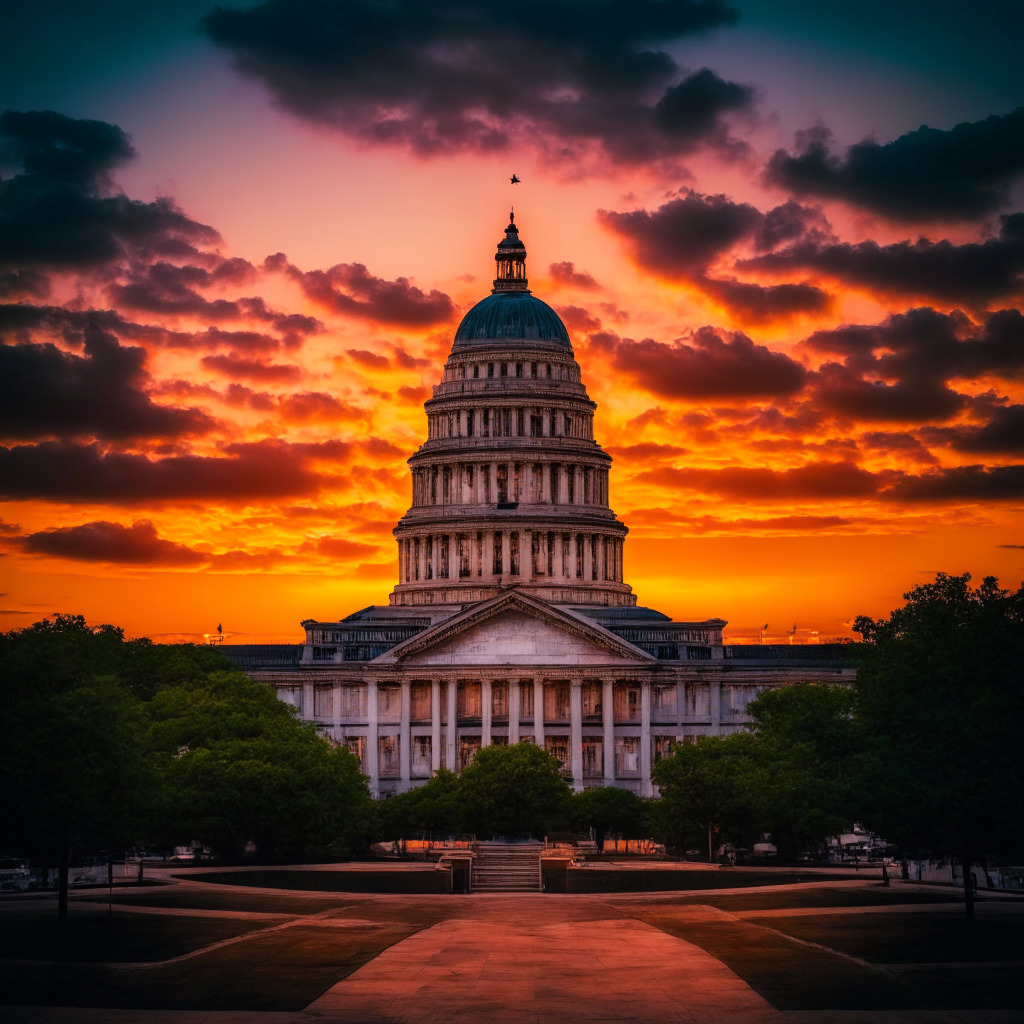Texas closed its regular legislative session recently, leaving cryptocurrency bills in a state of limbo for potentially 19 months. Being one of the four states operating on a biennial legislature schedule, Texas lawmakers convene for regular sessions only every other year, with the next session set for January 14, 2025.
A notable bill left unresolved is the Texas Senate Bill 1751, which aimed to eliminate tax breaks for miners and impose stricter control on energy usage. Despite unanimous passage in the Senate in early April, the bill was referred to a committee in the House without any voting before the session closed. Sponsored by Republican state senators, the bill drew criticism from crypto advocates in Texas.
The bill is said to place an “arbitrary cap” on miners, causing grid stabilizing services’ costs to increase, according to Kristine Cranley, director of business development at Texas Blockchain Council. On the other hand, supporters of the bill argue that the proposed regulation is essential in monitoring the environmental impact of mining operations, which are known for consuming vast amounts of energy.
Another crypto legislation, House Bill 1666, progressed further but has not yet become law. This bill seeks to mandate cryptocurrency exchanges to hold reserves that are adequate enough to cover their obligations to customers. The bill passed both the House and Senate and was subsequently sent to Governor Greg Abbott on May 22. The Governor has 20 days to sign or veto the bill; if no action is taken, it will automatically become law without his signature.
While cryptocurrency-related policies were left hanging, other high-profile proposals, including the use of budget surplus to subsidize property tax cuts and bolster border security, also failed to pass the legislative finish line.
Governor Abbott has the power to call Special Sessions to reconvene lawmakers, which he did after the closure of the regular session. The Special Session focused on property tax and border security policies, with no mention of cryptocurrency policy. However, there is the possibility of additional Special Sessions being called before January 2025.
During the previous close of Texas’ regular session in 2021, Abbott had called for three special sessions, each lasting about 30 days and discussing 10 to 20 topics. With the future of cryptocurrency legislation in Texas uncertain, the crypto community will likely watch the state’s political scene closely in the coming months.
Source: Blockworks




